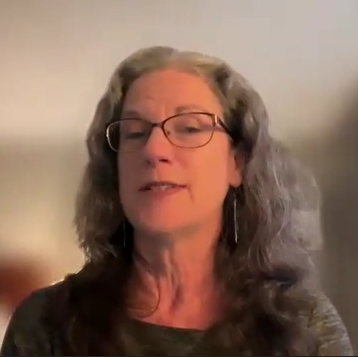|
|
|

 Elise M. Boulding Prize in Peace History Elise M. Boulding Prize in Peace History
The Peace History Society awards the Elise M. Boulding Prize biannually for an outstanding English-language nonfiction book by a single author that has a substantial bearing on the field of peace history. First books and dissertations are not eligible.
The winner for 2021-2022 is Victoria Wolcott, Living in the Future: Utopianism and the Long Civil Rights Movement. (University of Chicago Press, 2022).
Victoria Wolcott’s fascinating book Living in the Future explores the significant role of utopian socialists and radical pacifists in the long civil rights movement beginning in the 1920s. Advocating cooperatives, interracialism, and Gandhian nonviolent direct action, these utopian actors practiced a “pre-figurative politics” that modeled radical democratic and egalitarian communal organization and shaped the modern civil rights movement. Wolcott explores connections among workers education schools (Brookwood Labor School and Highlander Folk School), cooperatives (Delta Cooperative Farm), the Father Divine movement, Fellowship houses and churches, ashrams and intentional communities (like the Ahisma Farm and Harlem Ashram), and pacifist and civil right organizations (especially the Congress of Racial Equality and the Fellowship of Reconciliation). She also traces the wide variety of transnational connections that various actors made in pursuit of their specific interracial and economic goals. Moving beyond description, Wolcott shows how these groups and their interracial members built networks that stamped the post-1945 civil rights movement. With its cogent prose and analysis, Living in the Future speaks to major issues in civil rights, racial/identity politics, labor, religion, and peace history. This work should also be on the shelf of every activist for demonstrating how the reform movements that fail in the present can still change the world for the better over time.

|

